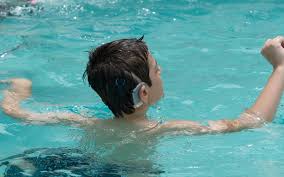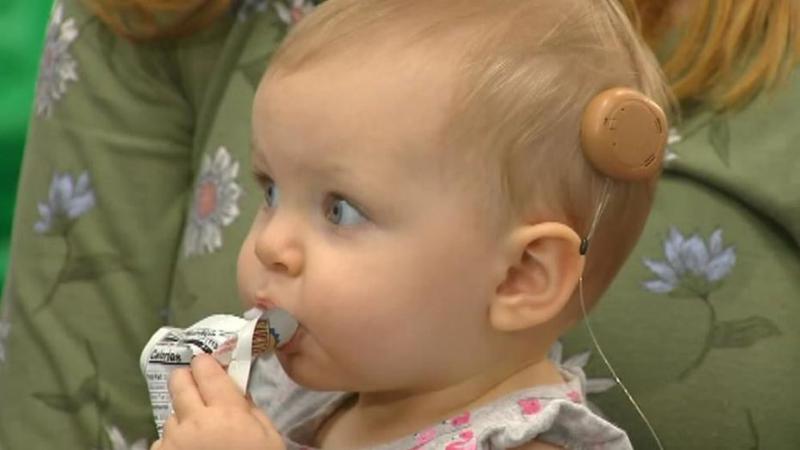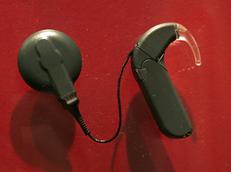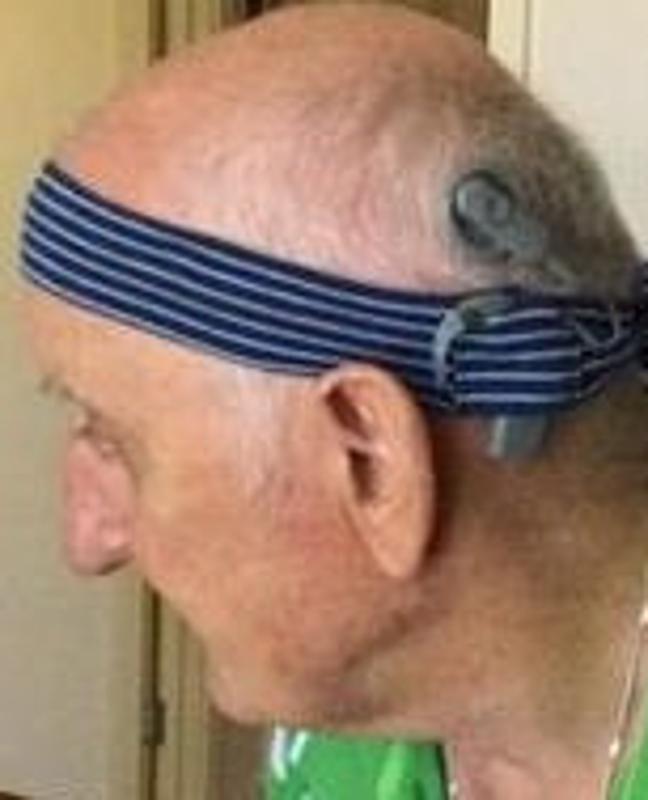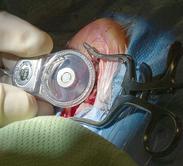Failure Rates
There is about a .05% failure rate current with cochlear implants. I hate to be the person that says this but I get asked this all the time from people who read my site. That means 1 in every 200 people the implant needs to be redone due to equipment failure.
It is usually not the surgeons fault if there if there is a cochlear implant failure. I don't hear stories of parents being told the child's basilar membrane has been punctured because the electrode curled up. With seniors I hear stories where there is bone erosion and the electrodes got moved. I also don't hear stories where someone's facial nerve was paralyzed. This is often when the never gets too hot from drilling when the water irrigation is not done good enough. I want to meet the assistant surgeon and make sure you express that you trust them not to let their eye off your child's facial nerve. Also, once the child starts eating, I would make sure I ask them if they notice anything different in their taste in their mouth. Many kids may want to eat candy and not tell you but this is a sign that one of the nerves were damaged but it should heal on its on but if not, this is something most parents don't know to ask.
I did hear a few times from people where there have been tiny air pockets under the scalp that was never noticed till later. This is called an aerocele for those that want to research it.
Thinnest vs thick:
THINNER IS NOT BETTER- BUT GOOD FOR CERTAIN EAR ECOLOGIES
It sounds like many people are being told to get the thinnest and most lightweight and it will be the most comfortable. I urge people to research instead of trying to get the thinnest to look for the most flexible and most durable. Also as far as electrodes, I URGE PEOPLE TO MAKE SURE THE ELECTRODE IS NOT pre-curved so it will do as little damage to the hair cells in the cochlea as possible.
Skin Flap Necrosis.
The name says it all. Boy, I wish I had freedom of speech where I could tell people my testimonials on lowering the partial o2 prssure and jacking up the voltage during the crucial 2 week healing period right after implantation.... but no.. although I am smart enough to abide by the FDA rules, someone would probably get mad at me for making a medical claim. Note: the best way for the flap to heal based on my research is when there is no tension on the flap. If there is an infection and the flap needs to be done over, there is always the best success the first time. Again, doing your own research and finding a way to lower that pressure and raise the voltage is something people will have to do on their own. I am not allowed to advise people on this.
A partial cochlear implant failure is more common than a total complete failure. If a partial failure happened, it can mean turning up the power that can adjust for the failure or making changes to the programs for changes in stimulus. This can make the sound clarity different than what it was suppose to sound like. See my page on sound clarity here.fff
We're open now.
Ask for Beth
1-877-827-4849
CochlearImplantsReviewed.com
... because every company is saying their cochlear implant is the best
We're open now.
1-877-827-4849
Ask for Jay
ADVANCED BIOTICS - COCHLEAR - MED-EL - OTICON - RECOCHLEAR - OTICON - NUROTRON
